Prince George’s County Wants You to Bag It Right!
Prince George’s County has always been a leader in green technology and adaptation, as well as a supporter of the state of Maryland’s goal of 85% waste diversion by the year 2040. Our next move for a greener, cleaner Prince George’s County is ditching plastic bags with the Better Bag Bill.
What is the Better Bag Bill?
Prince George’s County prohibits all retail establishments from providing plastic carryout bags to shoppers. Instead, shoppers must pay a fee for paper carryout bags and reusable bags. Shoppers can bring their own reusable bags or containers (such as cardboard boxes) to avoid the fee.
Businesses will be required to provide paper bags, and if they offer reusable bags, they must charge a minimum of 10 cents per bag. Reusable bags are defined as stitched, handled bags specifically designed and manufactured for multiple reuses, and is made of cloth or other washable fabric, or a durable material suitable for reuse that is NOT made of plastic film.
When does the Bill take effect?
The Better Bag Bill started January 1, 2024, with a three-month grace period to give shoppers and businesses time to adjust before enforcement begins.
Why limit the use of plastic bags?
There are many reasons Prince George’s County is saying no to plastic:
Plastic bags are not recyclable and improper disposal causes wear and tear on our recycling facilities, incurring unnecessary costs for taxpayers.
The environmental impact of plastic bags is alarming—it takes a staggering 1,000 years for them to decompose in landfills. Even then, they break down into microplastics that contaminate our food, water, and soil, posing a long-lasting threat to our ecosystem.
Plastic bags are deadly for wildlife.
Plastic bags are one of the most common types of litter and cleaning them up from our parks, roads, and waterways costs County taxpayers.
The Better Bag Bill aims to address these issues by encouraging County businesses and shoppers to move toward a more sustainable alternative.
Who will be affected?
Any and all shoppers and businesses—not just grocery stores—in Prince George’s County! Shoppers will no longer be offered plastic bags or free paper bags. Businesses will be expected to provide alternatives. There are some exemptions:
Plastic bags can still be provided to:
Package bulk items, including fruit, vegetables, nuts, grains, candy, or small hardware items.
Wrap frozen foods, meat, or fish, whether prepackaged or not.
Wrap flowers, potted plants, or other damp items.
Contain unwrapped prepared foods or bakery goods.
Protect or contain garments or dry-cleaned clothes; protect suits, dresses, and formalwear.
Take live fish, insects, mollusks, or crustaceans away from a retail store.
Paper bag fees will be waived for:
Paper bags containing prescription drugs.
Paper bags containing prepared food provided at the drive-through window of a restaurant.
Paper bags provided by a full-service restaurant after a meal for leftovers.
How will the bill be enforced?
The Department of the Environment will oversee the enforcement. Businesses not complying with the bill are subject to a civil penalty not exceeding $500. Shoppers will not have to worry about penalties but will have to pay if they choose to get paper bags at the store instead of bringing their own.
Bringing your own reusable bags is a small habit that makes a big impact, and will soon save you money. Here are some practical tips for bagging it right:
Leave a few reusable bags in your car, so you’ll have them whenever you are out and about.
Store your reusable bags by the door, near your car keys, or with your store coupons.
Look for lightweight, foldable reusable bags that can be kept in a purse or work bag, or even stored at work.
Don’t forget to wash your bags!
Together, we can make a big difference in our County and our environment. All it takes is a small change! To learn more, visit mypgc.us/bagitright.

